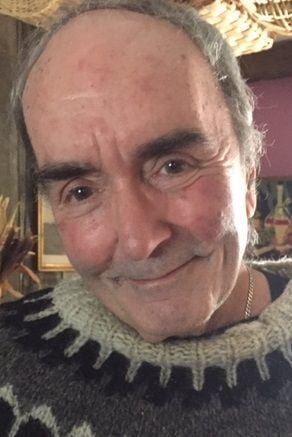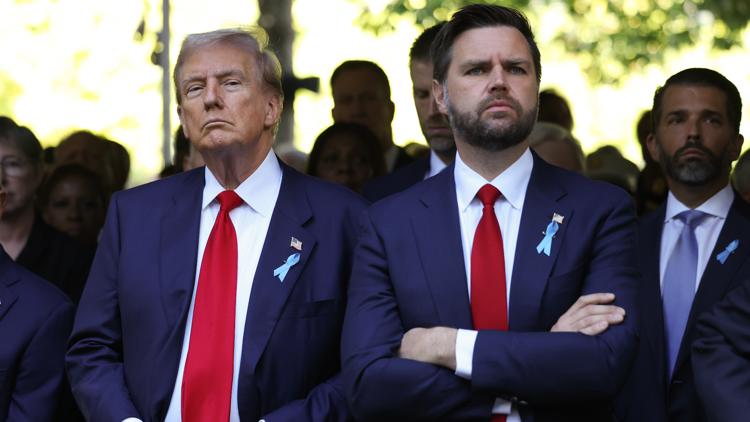
“They always say time changes things, but you actually have to change them yourself.” — Andy Warhol EVERY SIX months I get a statement from my life insurance company reflecting on the declining cash value of my 50-year-old, $25,000 life insurance policy and the far away date when it reaches “maturity.” Last month when my statement arrived, I was surprised to see that the “far away maturity date” was not that “far away,” and set to take place in eight short years.
Excited, expecting that when it reached “maturity” to cash it out I’d claim my $25,000 and to have “figuratively beaten death,” I called the insurance company to see what their protocol was for getting my money. With eyes fixed securely on what felt like a lottery ticket assured to pay off, I dialed their number and was connected to an agent. I eagerly asked her, “If I were to survive another eight years, what would I have to do to get my payout?” She perfunctorily replied, “In eight years, when the policy reaches maturity, it goes to zero.
” Zero? Shocked by her answer, I dejectedly asked if there was any way to get anything out of the policy. She said some could be provided if I terminated my policy early, and that this level of compensation would progressively diminish until it reached zero in eight years. Dismayed by my ignorance, and disheartened at my perceived loss of the $25,000, I asked her, “How much would I get if I terminated my policy now?” She took a moment to calculate and responded, “A bit less than $14,000.
” A bit less than $14k? Suddenly I’m realizing that the only way to win this “life insurance lottery” is to die in less than eight years or cash it out after 42 years of premiums at a significant loss. Both options left me feeling like a loser. Dismayed at my dilemma, I decided to call my financial advisor, who unlike myself has a clue about investing.
Demurely, I dialed his number and shared my dilemma and asked what he’d do. He said “I’d take the $14,000 and give it to my kids for Christmas.” His answer startled me.
Why didn’t I think of that? I suddenly saw how much of my life was focused on getting the security money provides, while not considering the joy of offering some of that security to others. I was reminded of Emerson’s wisdom when he suggested that, “This time like all times is a very good one if we but know what to do with it,” and Twain’s when he asserted that, “You can’t depend on your eyes when your imagination is out of focus” (and my imagination was clearly “out of focus”). Soon after, I tuned into the National Press Club’s charitable dinner on PBS and heard Scotty Hastings perform “Whiskey in the Bottle.
” Scotty’s ballad describes being so focused on saving for a rainy day that we miss the fleeting sunshine: “Old man next door gave 55 years to the factory He died with a million dollars underneath his bed He spent his whole life saving up For a boat and a brand-new truck Got a free ride to the bottom of a six-foot hole instead. Whiskey in the bottle, money in the bank, wax on the candle Gas in the tank, pour it to the top, drink every drop ‘Cause if there ain’t no tomorrow, I ain’t gonna leave whiskey in the bottle.” With newfound awareness, I filed the paperwork to terminate the policy.
After two weeks, I called the insurance company to see if all was in order. I asked the agent if she’d be interested in hearing how the payout was a kind of epiphany. Hearing my story, she shared that my experience brought up feelings she’s had and needs to act on more, and now she will! Awareness gives birth to precious insights.
Elizabeth Kubler-Ross (a psychiatrist and researcher in death studies) reminds us that, “It’s only when we truly know that we have a limited time on Earth, and that we have no way of knowing when our time is up, that we will begin to live each day to the fullest as if it was the only one we had.” Thanks to the wisdom of my financial advisor, Scotty Hastings; Warhol; Emerson; Kubler-Ross; and a life insurance administrator who recognized that her time to start living and giving is now; my holiday giving has become an everyday act! What about you? Has hearing about my experience stimulated any pent up feelings of altruism? What about the whiskey still in your bottle? What’s keeping you from seeing the sunshine around you before it’s too late? Time doesn’t change things; you have to change them yourself. There’s never a better time to do it than now.
.














